A new book will show you the beauty and hopes of everyday Africa
An eight-year-old boy in Senegal’s capital, Dakar, takes a leap into the pounding waves of the Atlantic Ocean. A law student in Nigeria is sitting in a car, heading to graduation, her eyes focused and fixated, looking away from the camera. A man in Mauritania, wearing an indigo-dyed traditional garment, is pulling at a goat meant for slaughter for the Muslim’s Feast of Sacrifice celebration.


An eight-year-old boy in Senegal’s capital, Dakar, takes a leap into the pounding waves of the Atlantic Ocean. A law student in Nigeria is sitting in a car, heading to graduation, her eyes focused and fixated, looking away from the camera. A man in Mauritania, wearing an indigo-dyed traditional garment, is pulling at a goat meant for slaughter for the Muslim’s Feast of Sacrifice celebration.
Since 2012, the Instagram account Everyday Africa brought the beauty, complexity and diversity of life in Africa to viewers across the world. The project has published over 3200 photos, from African photographers and others who have lived on the continent for years, and amassed a fan base of more than 300,000 followers.
Those mobile photos will now come alive on the printed page, as the social media project is made into a book. “Everyday Africa: 30 photographers re-picturing a continent” will include a total of 260 photos from across Africa, showing both the positive and the negative, the sensationalized extremes and the more textured, familiar reality.
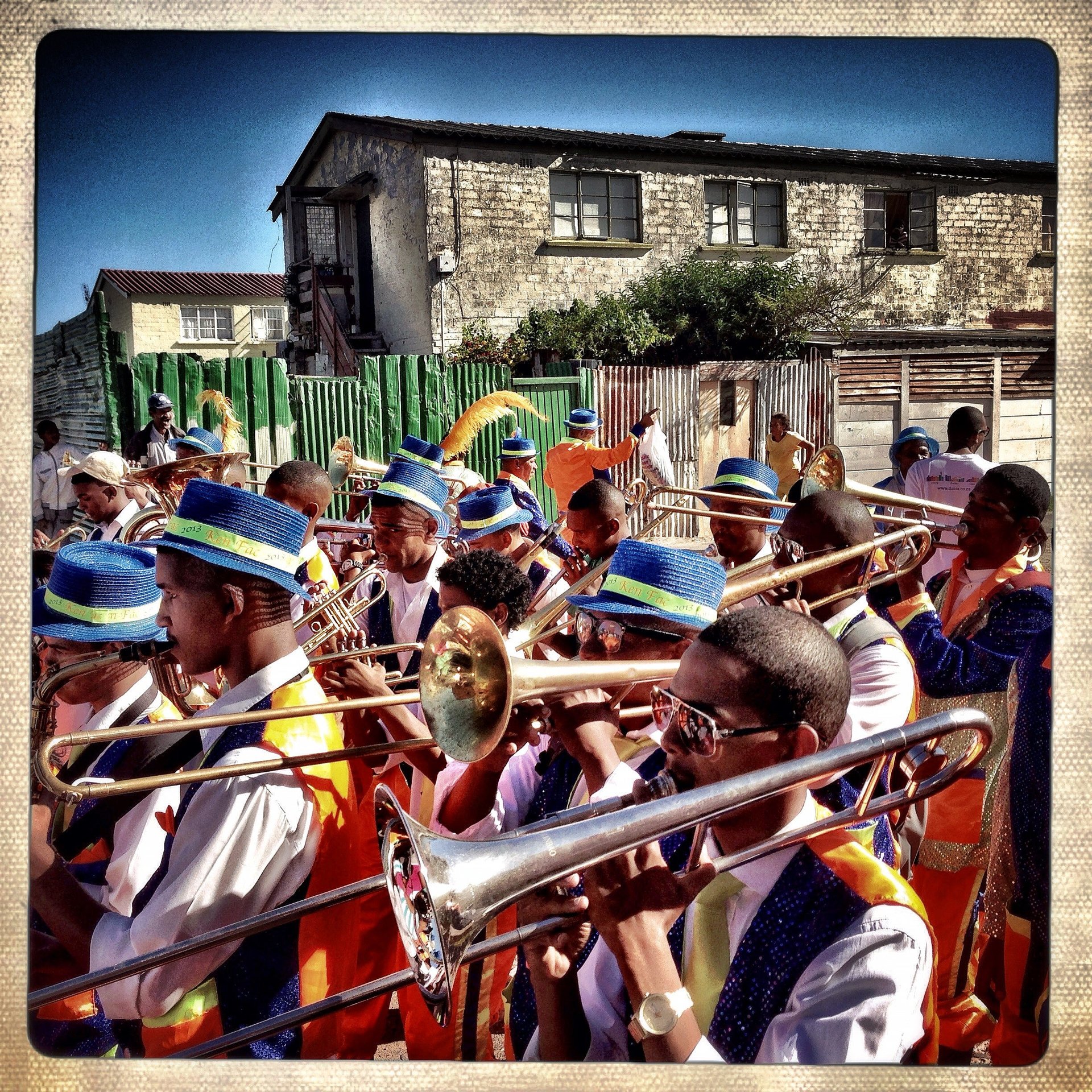
“Creating it presented us with the unique challenge of translating a social media project to the printed page,” Peter DiCampo, one of the creators of the account, told Quartz. The photos in the book will also feature the comments and reactions that followers posted online.
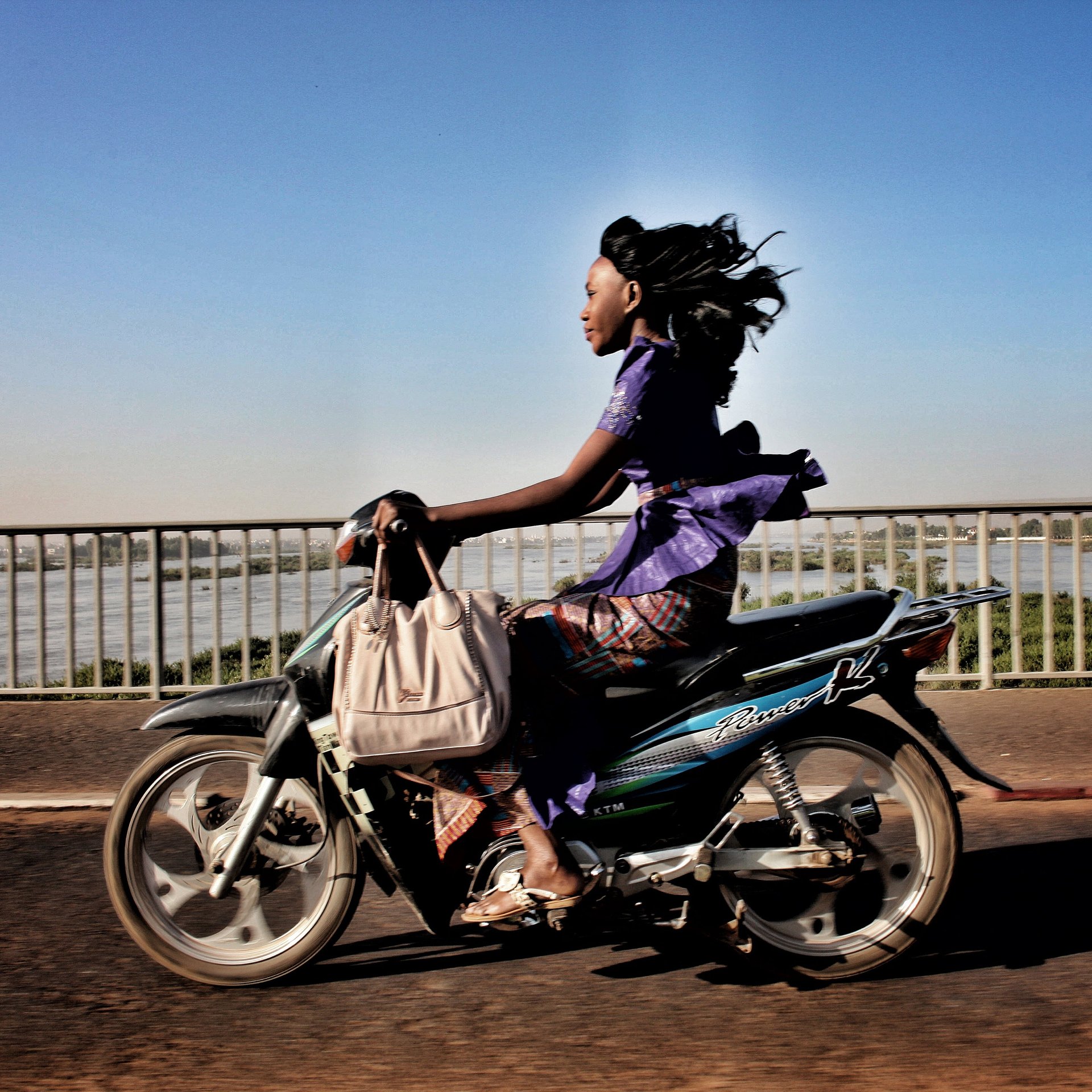
DiCampo says the reason behind that is for readers to see the various range of perceptions – prejudiced, amusing, ignorant, thoughtful – that people have about Africa. “The commentary makes the book into a document not only of the Everyday Africa project but also of the many perceptions that we cast onto a continent and of how we communicate today.”
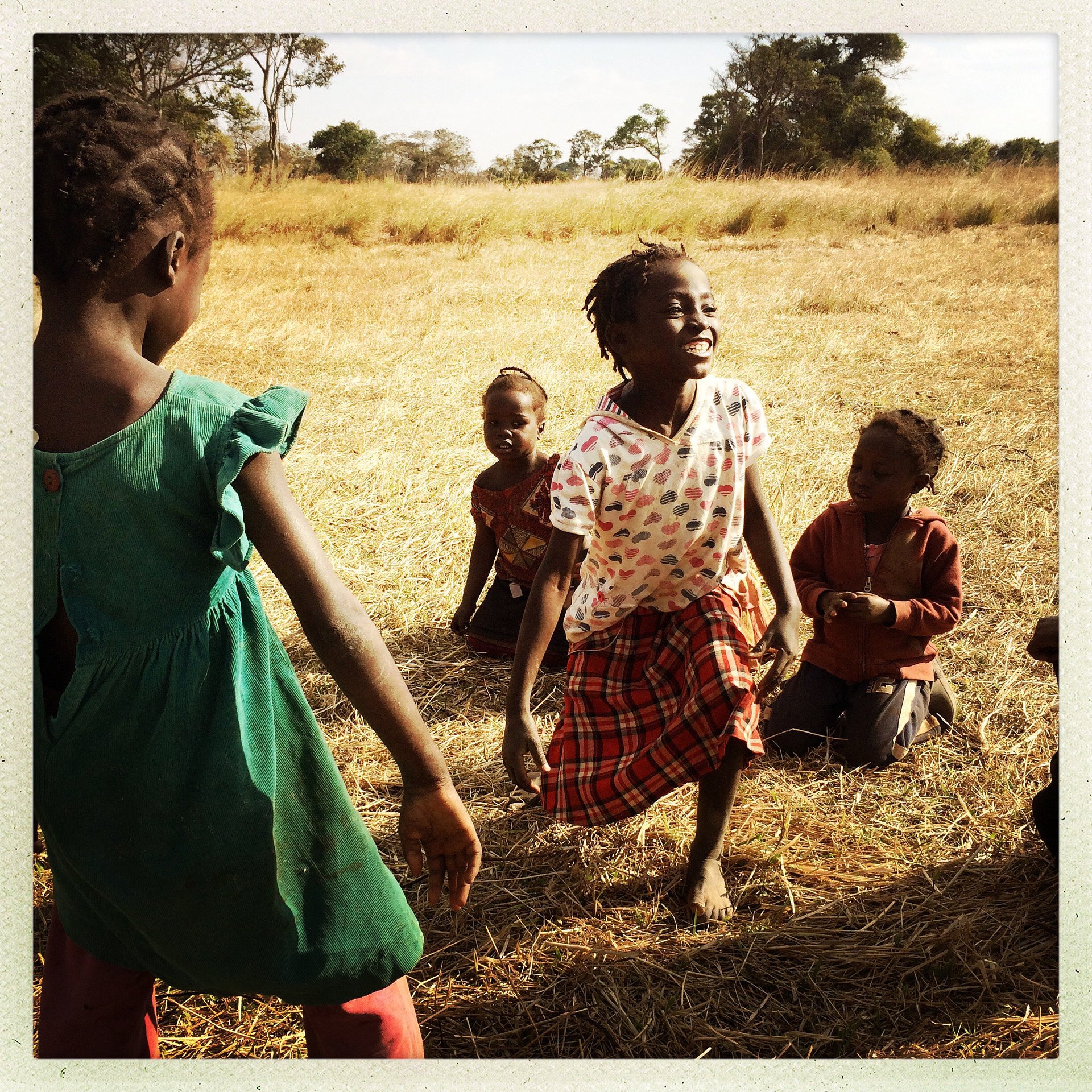
The controversy about how Africa sees itself and is seen by others is an issue that refuses to go away. Many international media outlets have been maligned for oversimplifying their description of Africa as either a “rising” hopeful continent or a “dark as all-but-empty Siberia.”
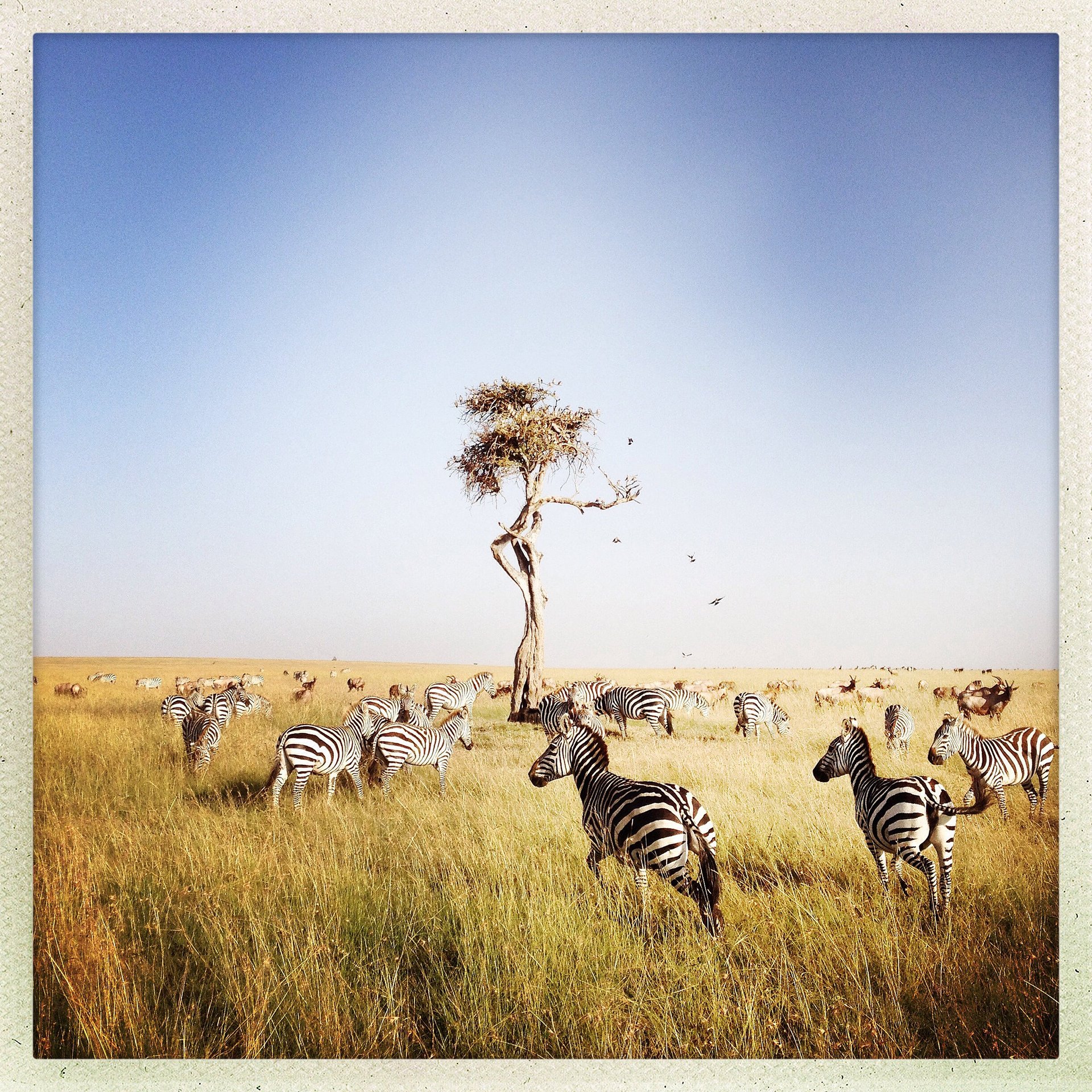
Many Africans have also pointed out the misconception of presenting the continent as one unit – not as a group of nations, with a motley of cultures, beliefs, and ways of life. Social media users across the continent have often rallied to correct these stereotypes, by popularizing hash tags like #TheAfricaTheMediaNeverShowsYou.
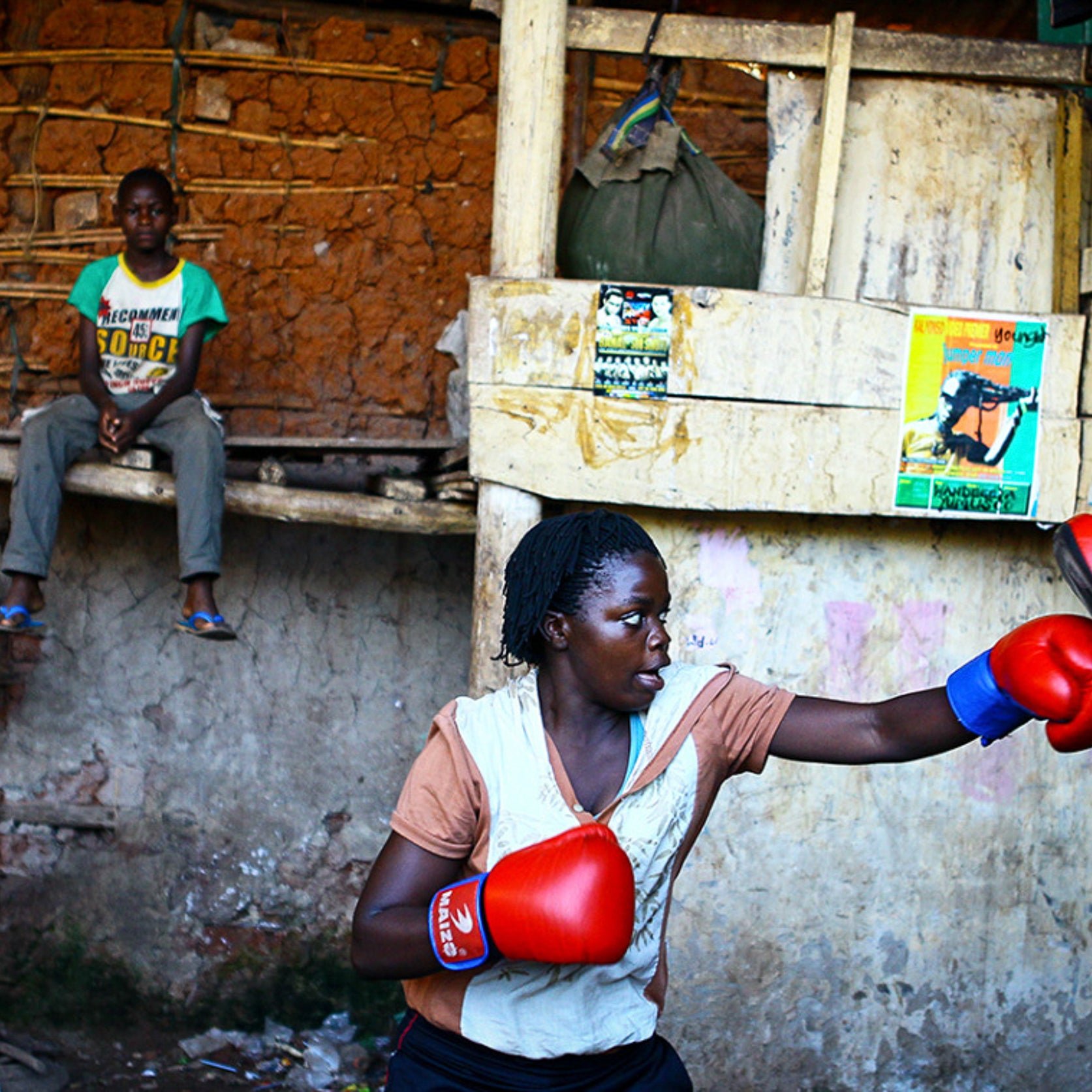
DiCampo says the reception of the photos on Everyday Africa has been something in between – and more contextual. The conversations on their account, he says, have turned into “fascinating discussions on how we read imagery” and “raises many questions on empathy and visual literacy.”
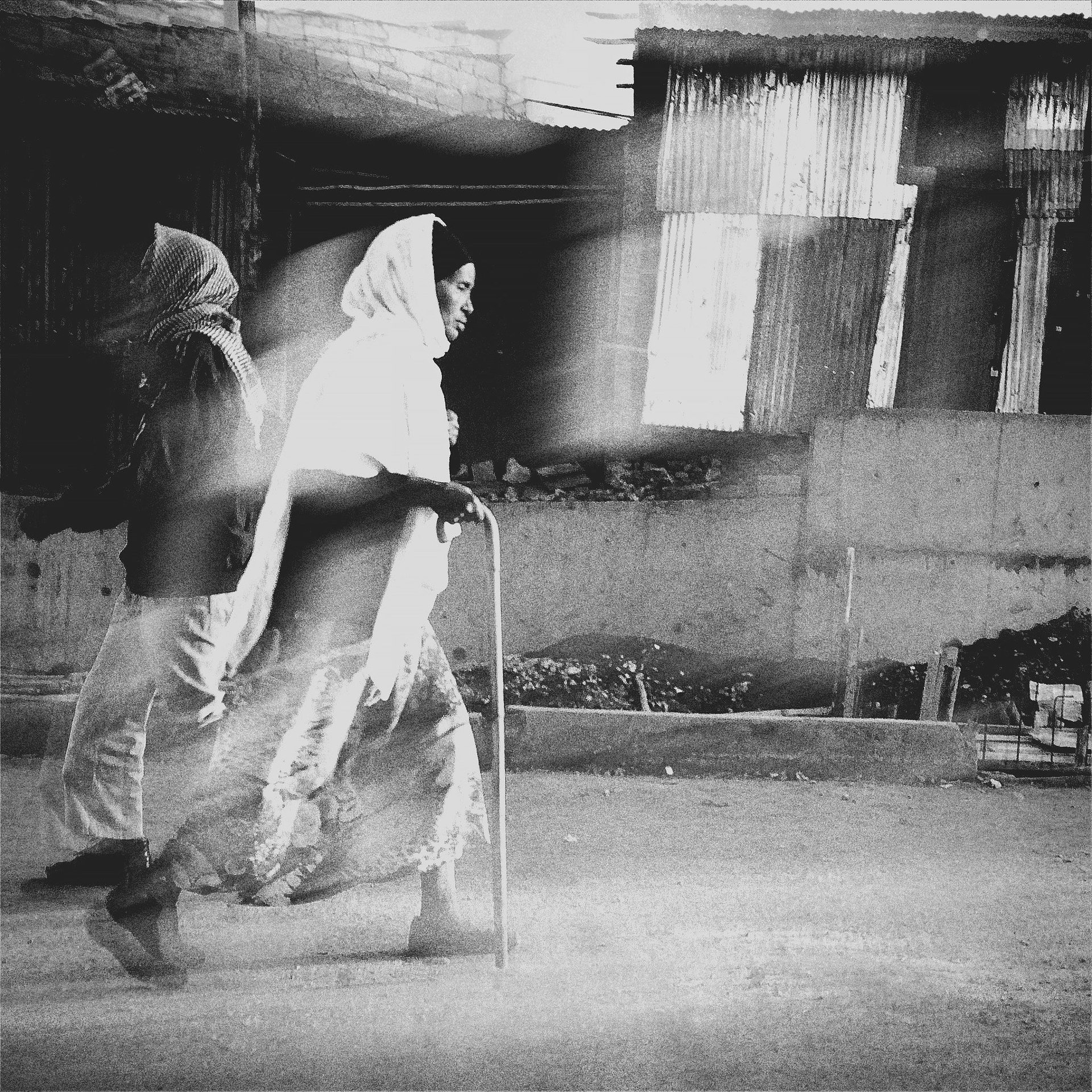
The resulting book, which will be launched at Addis Foto Fest in December, will be used as an educational tool too. DiCampo says they will partner with a number of organizations to develop the curriculum that will be used in schools around the world. Exposing the photos to a large audience, he says, is “a direct lesson in cross-cultural communication, comparing how people see themselves to outside perceptions.”